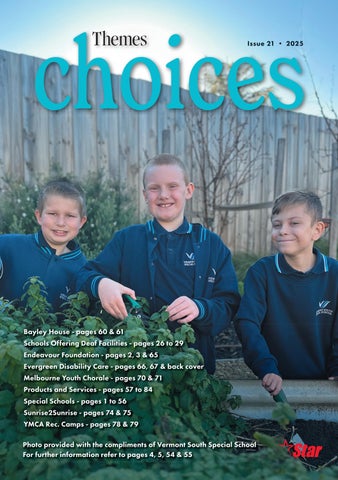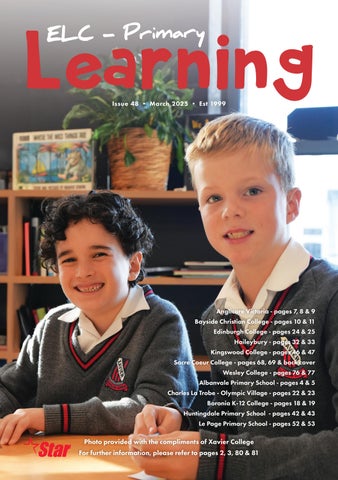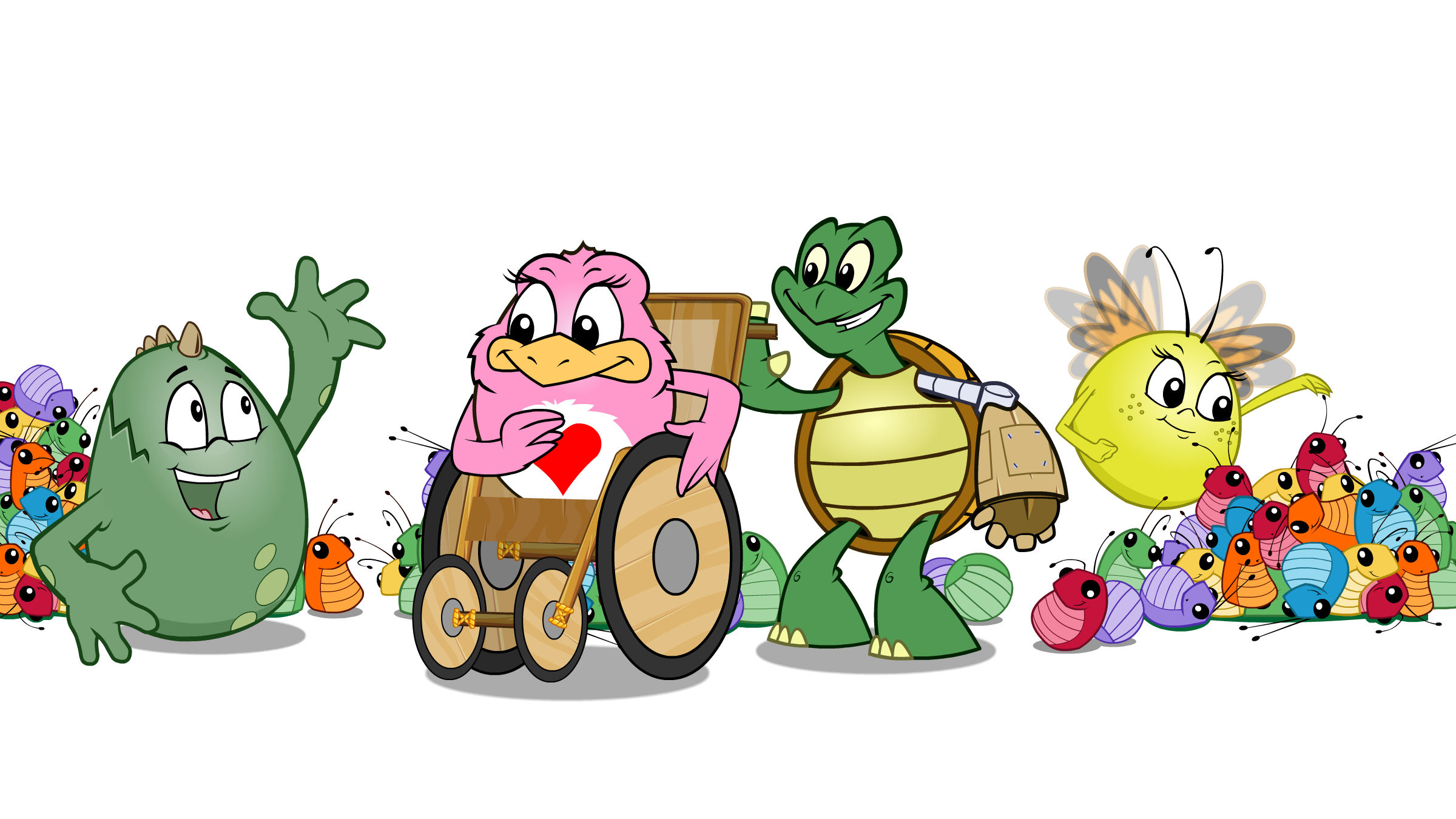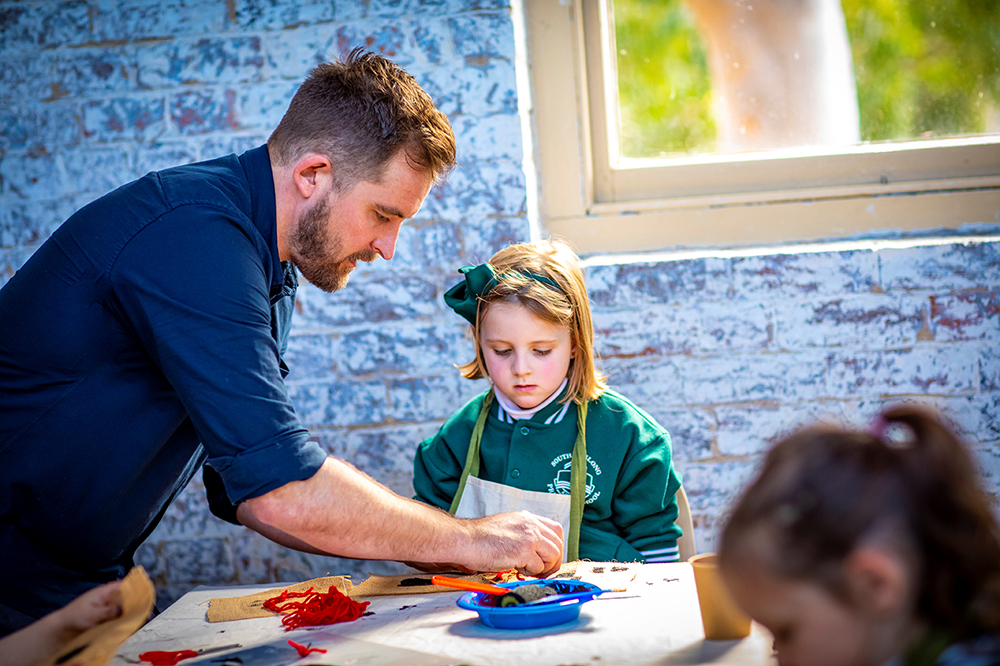Dyslexia diagnosis gives parents and child a sense of direction
WHEN Mary’s* son was diagnosed with dyslexia in Grade 2, she knew there was a long process ahead of them.
But thanks to the wonderful staff at Caulfield Grammar School, her son is now thriving and his self-confidence has boomed.
Mary said the diagnosis several years ago gave her and her husband a sense of understanding as to why their son had been struggling to read and write in school.
“It gave us a sense of direction,” Mary said.
“Dyslexia covers a wide range of learning difficulties, and can affect different children in different ways. From the word go he struggled to recognise letters and write his name.”
Mary said her son was tested for a number of different issues, but it was when they saw a child psychologist that the diagnosis occurred. Since then, she and her husband, as well as the staff at Caulfield Grammar School have been working closely with him to improve academically and gain self-confidence.
“He was too young to understand anything about dyslexia when he was first diagnosed, but we have always been honest with him about it,” she said.
“It was only when he was in about Grade 4 that he started to realise he had learning difficulties. We told him he had dyslexia and had to work harder than most of his peers.”
Mary’s son is now in Grade 8 and is now thriving thanks to encouragement from his family and support programs at the school.
“As soon as the diagnosis was made, Caulfield Grammar School set up support programs to help him,” she said.
“He was offered the reading recovery program, which is usually only offered to older people, and he persisted with that until the end of Grade 4 or 5. Even then he had English support.”
Mary said that due to the diagnosis, and needing extra support, her son’s confidence suffered in primary school and took an even bigger hit before he made the transition to secondary school.
“He went into (secondary school) terrified because suddenly he was leaving a class of 50 kids to enter a class of 180 kids. He didn’t know where he would be in the pecking order or how he would cope. It was a big change, let alone when you also have to struggle with dyslexia,” she said.
“He started off on a bit of a back foot, failing his first maths test. But he had a fabulous teacher who put in place a whole range of programs to help him, and before long, he worked out he could do it. He has gone from being a student where he had to be supported, to now being able to get A’s on his own. It’s huge for his confidence.”
Mary said that while her son was thriving in school, he still had to put in a lot of hard work and dedication.
“It’s a long process,” she said.
“He can’t be too relaxed about his school work. He knows he has to put in a lot of hard yards.
“It’s heartbreaking as a parent to see your child struggle but he’s doing so well now. He’s even started to read for his own enjoyment. It’s fabulous to see.”
*Not her real name.










